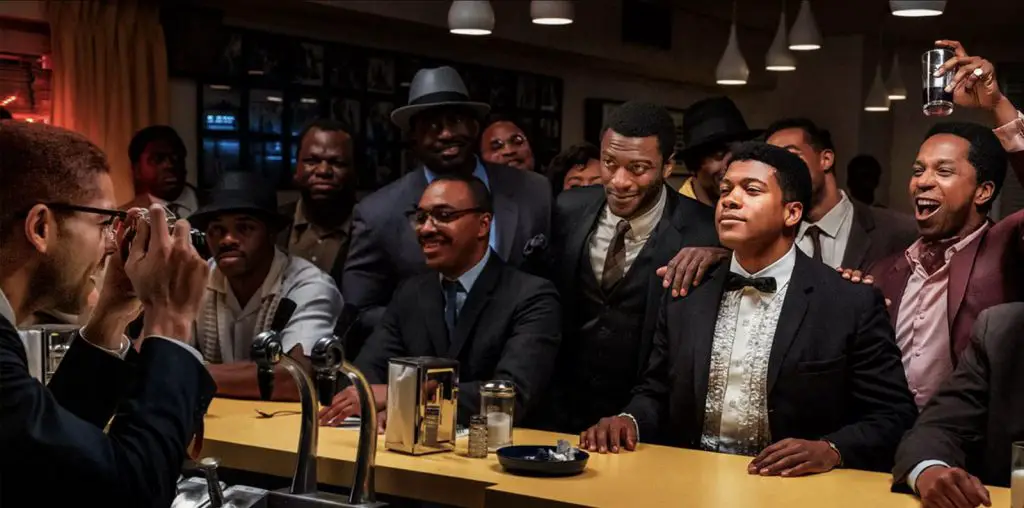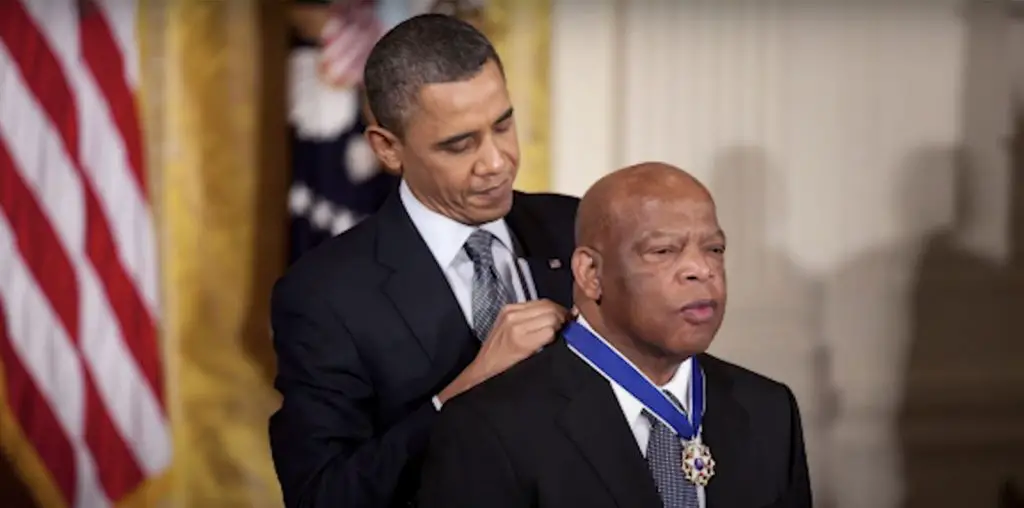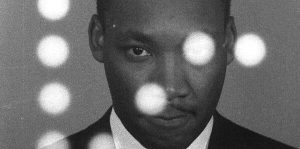
While watching MLK/FBI, I was reminded of a quote by James Baldwin in 1963, “The future of the negro in this country is precisely as bright or as dark as the future of the country. It is entirely up to the American people whether or not they’re going to try and find out in their own hearts why it was necessary to have a n*gger in the first place… Because I’m not a n*gger. I am a man. But if you think I’m a n*gger, it means you need it. And you’ve gotta to find out why. And the future of the country depends on that.” This sentiment underlines the core of Martin Luther King Jr.’s beliefs and actions during the last decade of his life. Additionally, the intrinsic refusal to grapple with why black people have been so maligned in America, and why black people were protesting throughout America underscores the actions of the Federal Bureau of Investigation (FBI) and the actions of its leader J. Edgar Hoover.
The documentary, written by Benjamin Hedin, Laura Tomaselli, and directed by Sam Pollard, examines the relationship between King and the FBI from the late 1950s to the man’s death in 1968 through slick animations, excellent sound and visual design, and patient editing that all came together to create a powerful and engaging experience. What is most notable is the changes King and Hoover experience throughout the narrative; King becomes more and more distraught and paranoid as the weight of his increasingly negative public opinion and the FBI’s invasive surveillance start to get under his skin, while Hoover becomes more personal and aggressive in his tactics to investigate and later personally discredit King.
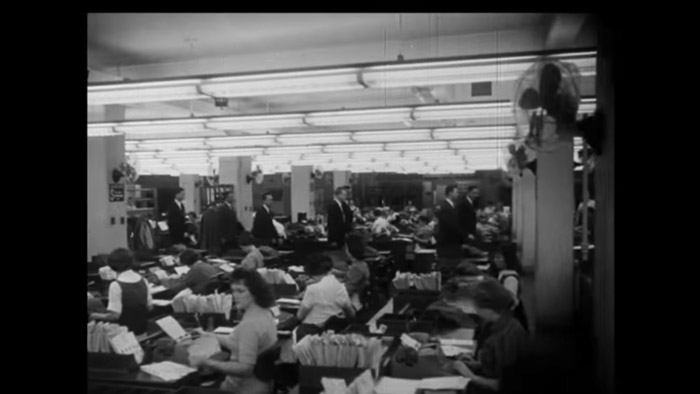
“…examines the relationship between King and the FBI…”
Crucially, MLK/FBI does a lot more than bring this relationship to light, as it also highlights many people close to the FBI and King during this period. The filmmakers interview historians who together attempt to challenge the current culturally established narrative of King as a universally beloved and successful figure during his time and provide much-needed nuance and context. Many people will likely be surprised by the revelations made here about the true perception of King and the FBI and why it was washed in a positive light.
However, I did feel that the film was not sure of how it should portray Martin Luther King Jr. On one hand, the film wants to explore the validity of the claims and investigations against King and generally view him from the lens of a celebrity figure and a threat to those in power. On the other hand, the historians argue that King himself is far less important than what he accomplished and stood for. The focus on King’s sexual history is a perfect example of this, as it takes up a considerable amount of time, despite it being irrelevant to what King meant to America, black Americans, and the broader civil rights movement of the 1960s. Yes, he was a multi-faceted man, with flaws and greatness both within him. However, how his proclivities tie into the FBI’s investigation is just confusing.
MLK/FBI tries to bring the proper historical perspective of King and how deeply subversive and radical he was in the 60s to the mainstream, and to the government into view. It is a thorough examination of over a decade of conflict and strife, packaged into a feature film, which is no small feat. But its failure to focus on the FBI investigation and muddying its portrayal of King hurts the overall production.
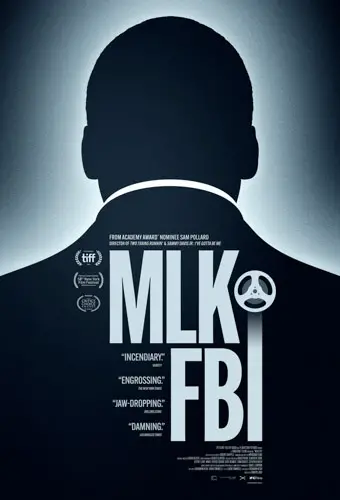
"…people will likely be surprised by the revelations made here..."
